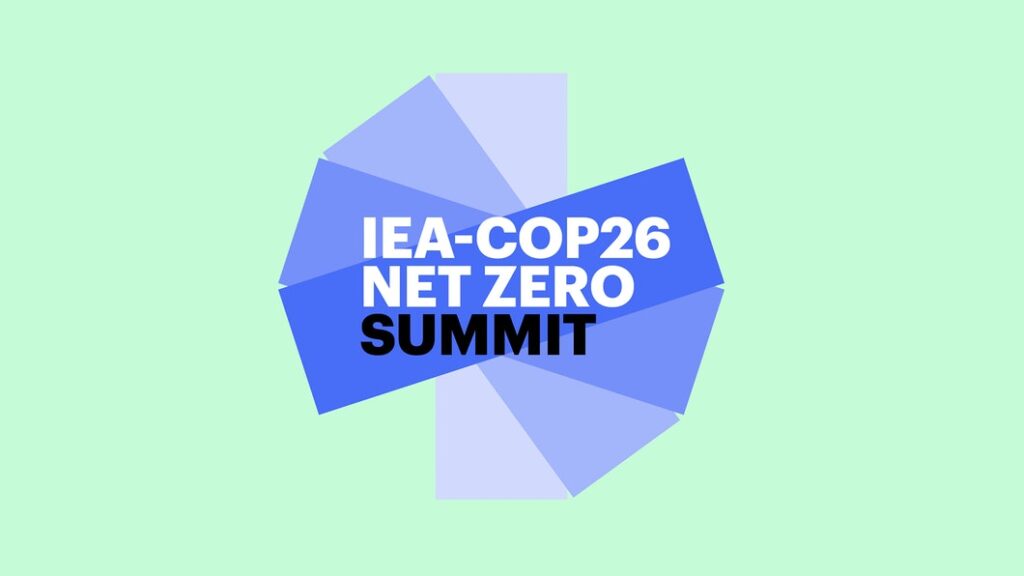
One in four companies will not be publicising science-based targets
New global research from South Pole, a world-leading climate project developer and solutions provider, has found that one in four of surveyed companies with science-based targets will not be publicising them.
South Pole’s annual report Net Zero and Beyond: A Deep-dive on Climate Leaders and What’s Driving Them, released today, surveyed the dedicated sustainability leads at over 1,200 large companies with net zero targets across 12 different countries and multiple sectors. Alongside net zero targets, nearly all have either set science-based emission reduction targets or plan to in the next year. The surveyed organisations can serve as a proxy to how some of the more climate-aware companies in the market are progressing (or not) on their net zero journey today.
South Pole has consistently found that companies are primarily driven to set net zero targets because of consumer demand for low-carbon goods and services, as well as the opportunity to show brand leadership. However, this year’s report reveals that, while some companies are setting science-based net zero targets for these reasons, a significant portion will not be publicising them.
Last year, in the run up COP26, hundreds of companies across the world set net zero targets and publicised them with high-profile campaigns. Corporate ambition has not waned since, with South Pole’s findings confirming that companies are continuing to set net zero targets at pace with increasing budgets to support them. Yet just one year later, ahead of COP27, this growing reluctance to publicise science-aligned climate targets raises questions around why some companies do not want to make their goals widely known.

“We see that sustainability-minded businesses are increasingly backing up their targets with science-based emissions reductions milestones, which is absolutely the right approach. But if a quarter today aren’t coming forward with details on what makes their target credible, could corporate green-hushing be spreading? The speed at which we are overshooting our planetary boundaries is mindblowing. More than ever we need the companies making progress on sustainability to inspire their peers to make a start. This is impossible if progress is happening in silence,” says Renat Heuberger, CEO of South Pole.
“Corporate climate action is a necessary and welcome ingredient to slowing the climate crisis. If more businesses lead from the front by speaking openly about their goals, this will spur the many others out there who are yet to set company targets – ideally ones that are aligned with science,” says Renée Morin, Chief Sustainability Officer at eBay.
Honest conversations about the challenges in reaching net zero are essential as greenwash persists and litigation is on the rise. Investigative journalism calling out false claims helps to keep corporate ambition on climate high and sincere. At the same time, media scrutiny, NGO critique and the threat of lawsuits may be deterring companies who are voluntarily setting targets from being more open – as South Pole’s 2022 Net Zero Report found.
Despite this, South Pole’s report reveals that, while surveyed businesses might be forgoing the communication of their targets, they are forging ahead with their delivery. Three-quarters of companies surveyed have increased their net zero budgets since December 2021. And many are also increasing their in-house capacity by hiring new staff and upskilling their sustainability teams rather than using external consultants.
Importantly, one in three companies surveyed said achieving their targets is proving “more difficult” than expected and for those who admit to not being “on track”, they plan to scale up their efforts “significantly” this year.
Even among the self-identified heavy emitters – 76% of whom had science-aligned net zero targets – nearly a quarter have decided not to publicise their milestones beyond what is mandated. If reporting on climate performance is hushed even amid the most proactive heavy emitters, those with the media and regulatory spotlight on them, how will a ‘race to the top’ ever be incentivised among unlisted big polluters?
Information Source: Read More
ENERGY | ELECTRIC POWER | NATURAL GAS | AUTOMOTIVE | CLIMATE | RENEWABLE | WIND | TRANSITION | LPG | OIL & GAS | SOLAR | ELECTRIC VEHICLES| BIOMASS | SUSTAINABILITY | OIL PRICE |COMMODITIES | ELECTRIC POWER | NUCLEAR | LNG | REFINED PRODUCTS | SHIPPING|

